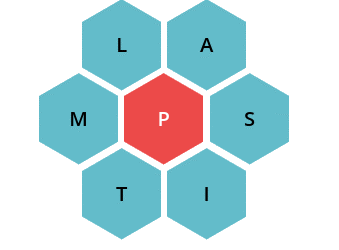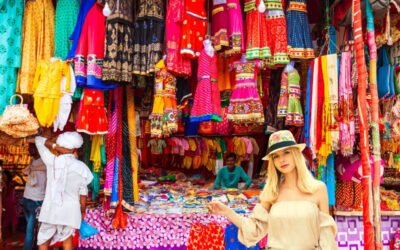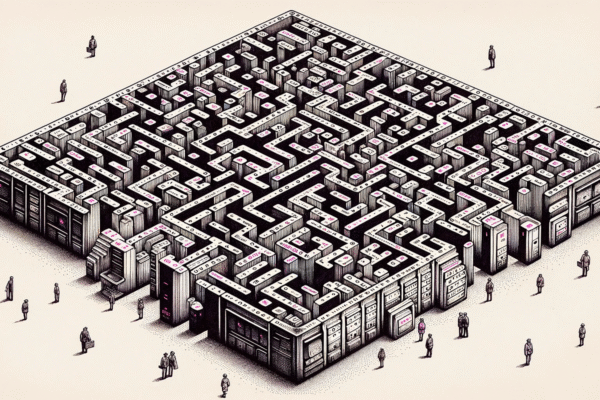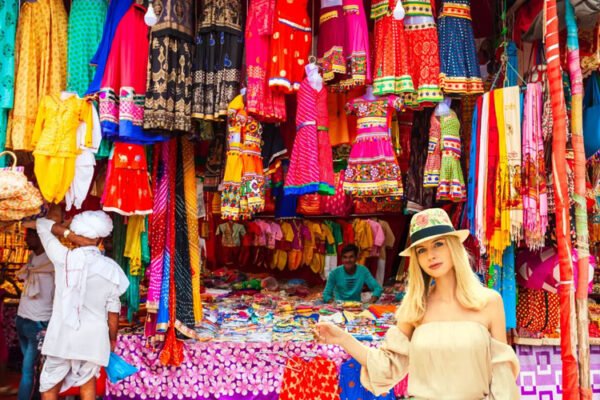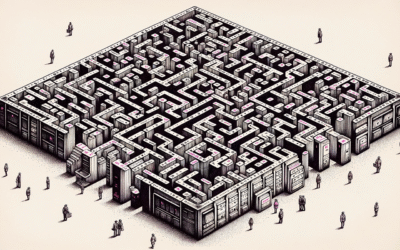
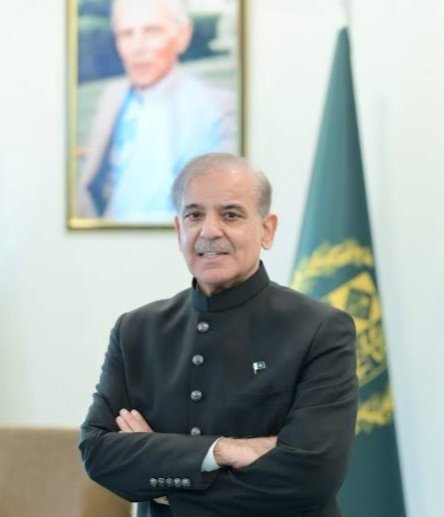
Shahbaz Sharif in the News Today:
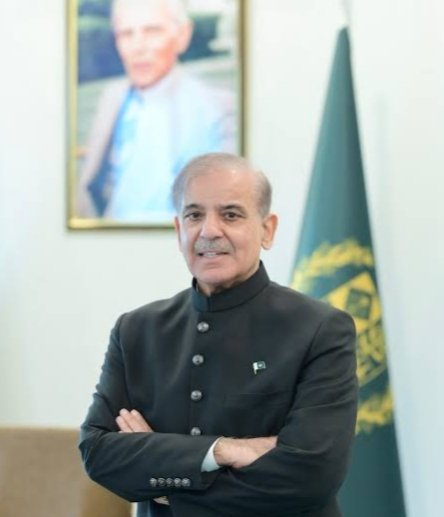
A Comprehensive Analysis of Recent Developments
Shahbaz Sharif, the former Prime Minister of Pakistan and a significant political figure in the country, has continued to make headlines both domestically and internationally. With his involvement in various political activities, policy matters, and international relations, Sharif’s name has become synonymous with leadership challenges, governance debates, and Pakistan’s strategic positioning on the world stage. This article will provide a detailed exploration of Shahbaz Sharif’s recent appearance in the news, focusing on both the national and international perspectives, including his political role, interactions with global leaders, and implications for the future of Pakistan.
—
1. Shahbaz Sharif’s Political Legacy and Leadership
Shahbaz Sharif is not a new name in the political landscape of Pakistan. As the brother of Nawaz Sharif, the three-time Prime Minister of Pakistan, Shahbaz has long been considered a pillar of the Sharif political dynasty. His own career has been marked by a long tenure as the Chief Minister of Punjab, Pakistan’s most populous and economically significant province. Under his leadership, Punjab saw numerous infrastructural developments, education reforms, and public welfare projects that made him a popular figure, especially in urban areas.
However, his leadership has also been met with controversies, including allegations of corruption and questions regarding transparency in governance. His recent appearances in the news are a reflection of both his established political legacy and the ongoing debates around his political conduct.
—
2. Recent Political Maneuvering in Pakistan
In recent weeks, Shahbaz Sharif has been heavily involved in the political maneuvering surrounding Pakistan’s general elections and the future of the Pakistan Muslim League (Nawaz) or PML-N, the political party he leads. With the Imran Khan-led Pakistan Tehreek-e-Insaf (PTI) facing challenges and political turbulence, the PML-N has been trying to position itself as a viable alternative in the upcoming elections.
Sharif has been meeting with party leaders, grassroots organizers, and international observers to ensure that his party’s message resonates across Pakistan. However, the political landscape remains fragmented, with coalition-building and strategic alliances becoming the key elements of success in this multipolar environment.
—
3. Corruption Allegations: A Persistent Challenge
One of the most persistent issues dogging Shahbaz Sharif is the series of corruption allegations against him. Several cases are pending in Pakistani courts, with some being actively pursued by anti-corruption agencies. These cases relate to his time as the Chief Minister of Punjab, where he allegedly misused public funds for personal gain, awarded government contracts to family businesses, and took kickbacks from developmental projects.
While Sharif denies these charges, asserting that they are politically motivated, the allegations have nonetheless harmed his image, both domestically and internationally. In Pakistan, corruption scandals often play a significant role in elections, and many political opponents, particularly from the PTI, have used these allegations to question the legitimacy of his leadership.
—
4. Shahbaz Sharif’s Relationship with the Military Establishment
In Pakistan’s political history, the military has often played a pivotal role in governance, either directly or indirectly. Shahbaz Sharif’s relationship with the military establishment has been complex. While his brother, Nawaz Sharif, had famously clashed with the military over governance and security issues, Shahbaz has typically taken a more conciliatory approach, aiming to maintain cordial relations.
This strategy has worked to some extent, as Shahbaz has often been viewed as a pragmatic leader willing to work with the military to ensure political stability. However, his recent moves, including public statements and private meetings with senior military officials, have drawn both praise and criticism from various quarters. While some view his efforts as necessary for national stability, others see it as compromising democratic governance.
—
5. Pakistan’s Economy: Challenges and Shahbaz’s Role
The economic challenges facing Pakistan have been a major point of discussion in recent months. Pakistan is grappling with high inflation, a balance of payments crisis, and mounting debt obligations. The International Monetary Fund (IMF) and other international financial institutions have been engaged in negotiations with Pakistan to help stabilize its economy.
Shahbaz Sharif has been actively involved in these negotiations, presenting himself as a leader capable of steering Pakistan out of economic difficulties. As the former Prime Minister, he has called for comprehensive reforms to tackle inflation and boost exports, particularly in agriculture and textiles. His government’s policies on austerity and public welfare programs have been a mixed bag, with some successes in improving economic growth but ongoing struggles with income inequality and unemployment.
—
6. Foreign Relations and Diplomatic Engagements
Shahbaz Sharif’s international engagements have been a key component of his leadership, particularly in the wake of Pakistan’s shifting geopolitical alliances. His meetings with international leaders, including those from the United States, China, Saudi Arabia, and European Union countries, have sought to bolster Pakistan’s international standing.
In recent days, Sharif’s diplomatic activities have focused on several important fronts. One of the key issues has been the strengthening of ties with China, especially in the context of the China-Pakistan Economic Corridor (CPEC). CPEC has been a game-changer for Pakistan’s infrastructure, energy, and trade, and Sharif has been an ardent supporter of deepening this relationship. However, the project has also faced criticism over concerns about Pakistan’s growing debt to China and the lack of transparency in project dealings.
Shahbaz has also been engaging with Middle Eastern countries like Saudi Arabia and the United Arab Emirates to secure financial assistance and energy deals. These diplomatic overtures are part of a larger effort to reposition Pakistan in the global arena amidst shifting international alliances.
—
7. International Media Coverage of Shahbaz Sharif
Shahbaz Sharif has often been in the limelight of international media, especially due to his central role in Pakistan’s governance and regional diplomacy. His efforts to rebuild Pakistan’s economy, coupled with his active diplomatic engagements, have attracted widespread attention.
In particular, his dealings with the IMF and China have been closely scrutinized by international financial media, given the geopolitical stakes involved in such relationships. The global press has also focused on the corruption allegations against Sharif, with varying degrees of skepticism and support for his stance.
—
8. Shahbaz Sharif and the UN: Recent Interactions
Sharif’s recent interactions with the United Nations have also been a significant aspect of his political career. His involvement in international conferences and summits has showcased his dedication to addressing global challenges, including climate change, poverty reduction, and human rights issues.
In his most recent speech at the United Nations General Assembly, Shahbaz Sharif emphasized Pakistan’s commitment to sustainable development and regional peace. He called for greater international cooperation in tackling global challenges and highlighted Pakistan’s efforts to meet its Sustainable Development Goals (SDGs).
Furthermore, Shahbaz used the UN platform to address the Kashmir issue, urging the international community to pay attention to the long-standing conflict between India and Pakistan over the region. His calls for peaceful dialogue and diplomatic solutions were well-received by some quarters, though others criticized him for focusing too much on international issues while domestic challenges remain unresolved.
—
9. The Role of Social Media in Shaping Sharif’s Image
In today’s world, social media plays an essential role in shaping public perceptions of political leaders. Shahbaz Sharif’s presence on social media platforms such as Twitter and Facebook has been instrumental in his efforts to connect with the Pakistani public and the international community.
Sharif’s social media strategy revolves around showcasing his developmental projects, engaging with constituents, and responding to criticism. His team frequently posts updates about his activities, achievements, and vision for Pakistan’s future. However, the digital space is also a battleground for political opponents who use it to spread negative narratives, including corruption allegations and governance failures.
The role of digital media has, therefore, been a double-edged sword for Shahbaz Sharif. While it allows him to communicate his message directly to the people, it also exposes him to widespread criticism and scrutiny, particularly from opposition parties and civil society activists.
—
10. The Future of Shahbaz Sharif: Challenges and Opportunities
As Shahbaz Sharif continues to navigate the complexities of Pakistani politics, governance, and international diplomacy, his future remains uncertain. On the one hand, his experience, political acumen, and leadership qualities make him a strong contender for leading Pakistan in the coming years. On the other hand, the corruption allegations, economic challenges, and political rivalries present significant hurdles.
With general elections looming on the horizon, Shahbaz Sharif will need to consolidate his political base, build alliances, and present a clear and compelling vision for Pakistan’s future. His ability to manage internal party dynamics, negotiate with international actors, and address domestic issues will determine whether he emerges as a successful leader in the years to come.
In conclusion, Shahbaz Sharif’s role in Pakistan’s political landscape remains pivotal. His leadership, though controversial at times, is critical to the future direction of the country. His ability to navigate the challenges of corruption allegations, economic instability, and international relations will determine not only his political survival but also the trajectory of Pakistan’s growth and development on the global stage.
—
11. Conclusion: Shahbaz Sharif’s Place in History
Whether Shahbaz Sharif will be remembered as a visionary leader who brought stability and development to Pakistan, or as a politician plagued by corruption allegations and political controversies, remains to be seen. However, there is no doubt that his name will continue to feature prominently in the history of Pakistan’s political evolution.
As the world watches Pakistan’s next steps, Shahbaz Sharif’s actions will be under constant scrutiny. His ability to rise above the challenges, both domestically and internationally, will shape not only his legacy but also the future of Pakistan as it seeks to secure its place in a rapidly changing global order.


